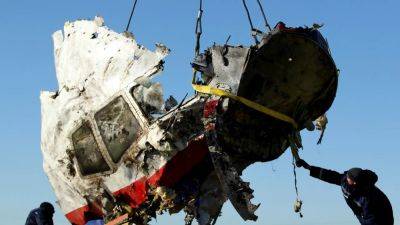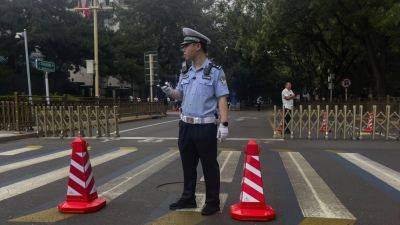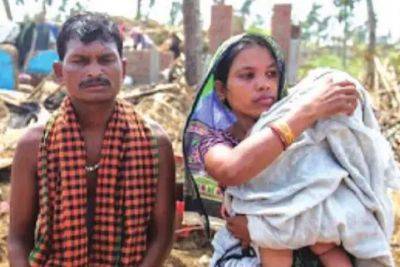5 things to know about Mongolia, a windswept democracy in the shadow of authoritarian giants
ULAANBAATAR, Mongolia (AP) — Mongolia, where parliamentary elections are being held Friday, is a sparsely populated and landlocked Asian nation known for its bitter winter cold and independent spirit.
As a democracy of just 3.4 million people in the shadow of two much larger authoritarian states, China and Russia, it has taken on symbolic importance in an era when democracy is under pressure or in crisis in many countries, including the United States.
In an earlier era, the fierce nomadic tribes of the Mongolian steppe were widely feared, at one point conquering China and expanding west across Asia to the edges of Europe.
Today, it is a country punctuated by extremes. Its vast mineral resources are sought by China and the West but generate wealth mainly for the elite: nearly a third of Mongolians lived below the poverty line in 2022 according to the Asian Development Bank.
The mineral wealth is helping power global decarbonization, yet it remains hooked to dirty coal that causes some of the worst air pollution in the world. Nomadic herding is integral to the country but millions of animals are lost to extreme weather worsened by climate change.
The dzud
The word dzud literally means disaster in Mongolian. It’s an extreme weather phenomenon that used to occur once a decade, but is becoming harsher and more frequent as the world warms. The deadly combination of perennial droughts and severe, snowy winters cause cataclysmic losses of livestock.
Herding is central to Mongolia’s economy and culture — contributing 80% of its agricultural production and 11% of its GDP — and the impacts of dzuds are profound. This year’s dzud, the sixth in the past decade and the worst yet, killed more than 7.1 million animals. Thousands of families







